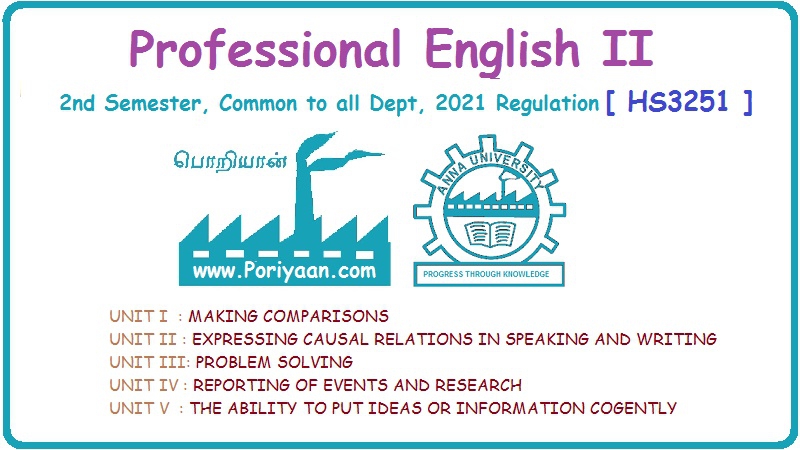Professional English: General Grammar
Use of Prepositions
Grammar
J.C. Nesfield defines a preposition as a "word placed before a noun or noun equivalent to show in what relation the person or thing denoted thereby stands to something else.
CHAPTER - 7
USE OF PREPOSITIONS
What
are prepositions?
J.C.
Nesfield defines a preposition as a "word placed before a noun or noun
equivalent to show in what relation the person or thing denoted thereby stands
to something else.
Prepositions
have six different kinds:
•
Simple
•
Double
•
Compound
•
Participal
•
Phrase prepositions
•
Disguised
prepositions
Simple
Prepositions: at, by, with, on, in, to, for, off, of,
from, through, up, till, over, under, after
Double
Prepositions: into, onto, from among, from under,
over against, from off, from within
Compound
Prepositions: These prepositions begin with 'be' or
'a'. Eg. across, along, amidst, behind, about, above, before, within, without,
below, beneath, beside, between, beyond, amongst, but
Participal
Prepositions: Eg. pending, during, not withstanding,
except, save, past, considering, owing, concerning, touching, regarding.
Phrase
Prepositions: by means of, because of, in front of,
In spite of, on account of, on behalf of, instead of......
Disguised
Prepositions: 'of is changed to 'o' Eg. five o'clock.
'but' is normally a conjunction but it can be used as a preposition. Eg. All
but one fulfilled his promise. 'than' is also a preposition. Eg. She suffers
hourly more than me.
Professional English: General Grammar : Tag: : Grammar - Use of Prepositions
Related Topics
Related Subjects
Professional English II
HS3251 2nd Semester 2021 Regulation | 2nd Semester Common to all Dept 2021 Regulation
